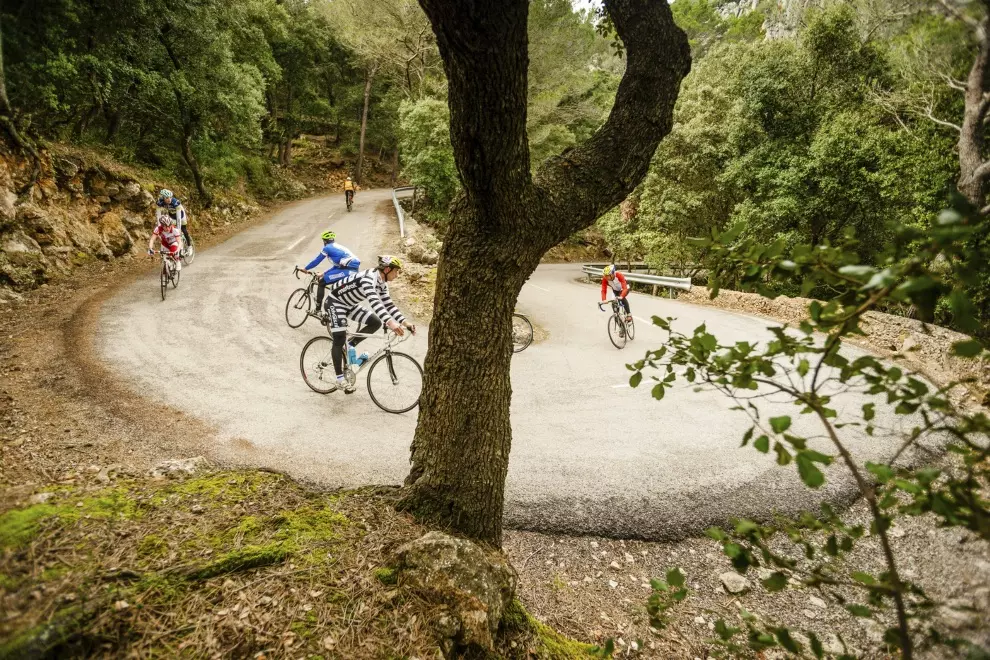Before we start listing arguments why one big ride is worth including in your training, let’s acknowledge the true reason why most cycling enthusiasts do them. Because they are fun! Going for all-day rides can be a lot of fun. You get to explore a large area, you get to have nice coffee stops along the way, and you get a feeling of accomplishment and pleasant tiredness when you return. But it turns out that doing, say, one 5-hour ride instead of two separate 2.5-hour rides has other benefits too.

Test your bike fit and equipment
Long rides are particularly good if you want to put your bike fit and equipment to the test. Issues you might not feel during a 2.5-hour-long ride can get very problematic if you double your time in the saddle. You can develop sore neck, numb hands, or hot spots on your feet. Including a long bicycle ride in your training schedule will help you identify these issues, and you can fix them before your big race.
Practice eating and drinking on the bike
Just like your bike fit, your nutrition strategy should be properly tested before racing. Doing a ride that is 5 hours long can reveal major problems. If you don’t hydrate or eat enough or if you start too late with it, you might still be kind of ok at the 2.5-hour mark. But the same mistake could be devastating on a much longer ride. Practicing eating on the bike 4+ hours into a ride will also teach you what kind of foods your stomach tolerates while fatigued. You simply can’t learn these lessons during shorter rides.

Build mental toughness
Long bicycle rides can be very helpful in building mental toughness. It’s one thing to be physically tough and well-prepared but when you come across an unexpected problem or experience too many little annoyances, it’s only your determination that will keep you going. Long rides will test your willpower under fatigue, you will expose yourself to headwinds while really tired, you will get rained on without proper gear, and you will get too hot or too cold. All of these experiences will make you that much mentally tough in races. Shorter rides present much fewer opportunities like this.
There is no winner
If you read both this and our previous article you might have guessed that there’s no real winner here. Both 2 shorter rides and 1 long ride have their advantages and issues, and they both should have a place in your cycling training repertoire. You can alternate and use one weekend to do a really long ride where you test your nutrition, bike fit, work on mental toughness, and enjoy cycling as an adventure. And on another weekend, you can do two shorter rides and boost your training adaptations to get faster.




